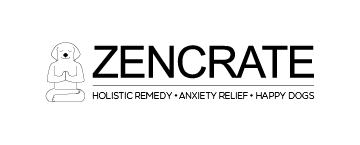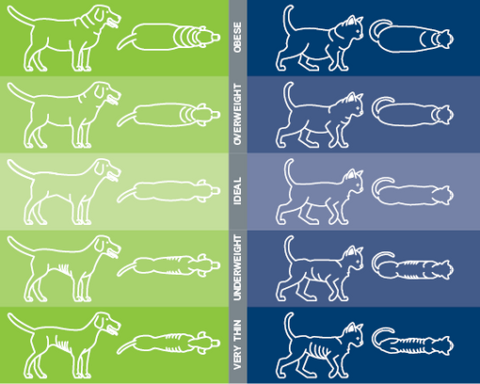What Not to Feed Your Dog

It’s always tempting to slide your dog a piece of steak from the family dinner table, but many people aren’t sure which foods are safe for dogs to consume and which foods you need to avoid.
Here’s a quick breakdown on foods to avoid when it comes to your furry friends:
Alcohol
For the friend that thinks it’s funny to feed your dog beer your Superbowl party, alcohol is off limits for animals. This can cause a range of health issues including nausea, diarrhea, vomiting, tremors, and difficulty breathing. If you suspect that your dog has gotten into your stash of booze, contact your vet immediately.
Chocolate, Coffee and Caffeine
The common denominator among all these items is a substance called methylxanthines, an ingredient found in cacao seeds. Among less serious health issues, these items can cause seizures or even death when imbibed in excess.
Macadamia Nuts
Although Macadamia Nuts may only cause a temporary issue in dogs, they could cause weakness, depression, nausea, or digestive issues for a period of 12 to 48 hours.
Dairy Products
Dairy triggers food allergies in dogs, so it’s best to skip the cream-based human treats that you might be tempted to share. Diarrhea and digestive issues can also result from ingesting milk, ice cream, or yogurt.
Salty Snacks
Extra salty foods and snacks can make dogs extra thirsty, lead to excess urination and contribute to dehydration. Pretzels, popcorn, and potato chips fall into this category.
Grapes and Raisins
It is unknown what the exact ingredient is in grapes and raisins that causes harm to your dogs, however these food items have been known to lead to kidney failure in dogs. Until more information is made available, it’s best to avoid feeding your dog anything in the grape family.
Coconut and Coconut Oil
While most people believe that coconut oil is a cure-all for just about everything, it may not be safe for your dog in large amounts. There are properties in coconut and coconut oil that can upset your pet’s stomach and potentially cause diarrhea. Use caution and talk to your vet about these items before sharing them with your dog.
Raw or Expired Food
If you wouldn’t eat it, don’t feed it to your dog either. Check the expiration dates on things like eggs, lean meats, and produce to make sure that nothing has been spoiled.
If you suspect that your dog has ingested too much of any of the foods listed above contact your vet immediately. If you cannot get a hold of your vet, you can also contact the ASPCA Animal Poison Control Center at 888-426-4435.




